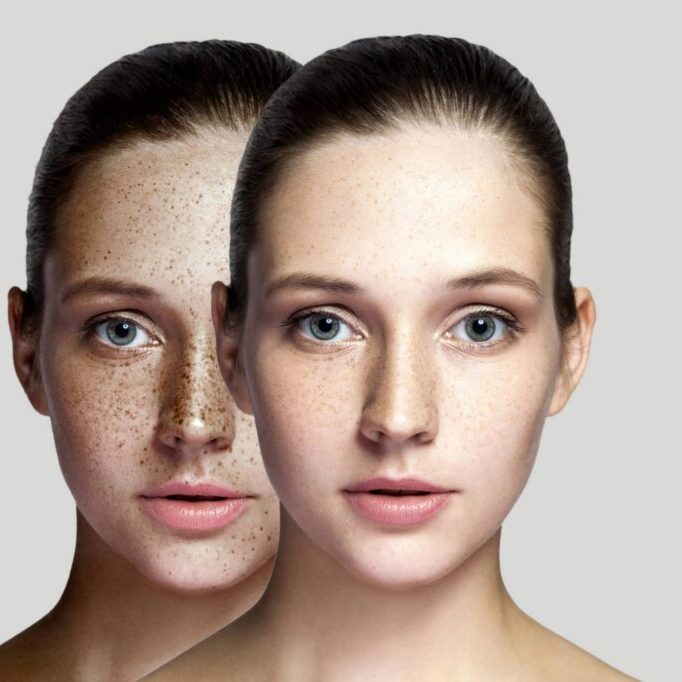How Does Stress Affect Your Skin? Tips on Managing Stress
You’ve probably noticed that on the night before an important event, your skin tends to break out. An unexpected pimple here, a rash there, or perhaps an inexplicable itch. There’s a scientific reason behind this phenomenon – it’s called stress. Stress, whether mental or emotional, can manifest itself physically on your skin in various ways. Understanding this connection is the first step to managing stress and maintaining healthy skin.
The Stress-Skin Connection
Stress triggers the release of cortisol, the body’s primary stress hormone. Elevated cortisol levels lead to increased sebum production, which can result in oily skin and acne breakouts. Stress can also exacerbate existing skin conditions like psoriasis, rosacea, and eczema. Furthermore, stress weakens the immune system, which impairs the skin’s ability to repair itself, leading to slower wound healing and a greater risk of infection.
How Stress Manifests On Your Skin
Here are some common ways stress can affect your skin:
- Acne: Stress induces hormonal changes that can lead to breakouts. This is particularly common in women, especially around the menstrual cycle.
- Eczema and Psoriasis: These chronic inflammatory skin conditions can flare up during stressful times.
- Hives and Rashes: Stress can trigger an inflammatory response, leading to uncomfortable skin reactions like hives or rashes.
- Premature Aging: Chronic stress can lead to the breakdown of collagen, resulting in fine lines and wrinkles.
- Dryness: Stress can disturb the skin’s natural barrier, leading to moisture loss and dryness.

Managing Stress for Healthier Skin
The effects of stress on your skin can be mitigated with proper stress management techniques. Here are a few to consider:
- Exercise Regularly: Regular physical activity reduces stress levels and improves overall mood. Exercise also boosts circulation, helping nourish your skin cells and keep them vital.
- Eat a Balanced Diet: Nutrient-rich foods like fruits, vegetables, whole grains, and lean protein can help your body better cope with stress.
- Stay Hydrated: Adequate hydration helps maintain your skin’s elasticity and combat dryness.
- Practice Mindfulness: Techniques such as yoga, meditation, and deep-breathing exercises can help manage stress levels, improve focus, and enhance relaxation.
- Get Enough Sleep: Sleep gives your body and skin time to recover and regenerate. Aim for 7-9 hours each night.
- Consider Professional Help: If stress is significantly impacting your life and skin, consider seeking help from a mental health professional. Cognitive-behavioral therapy (CBT) and other forms of psychotherapy can be beneficial.
Remember, while it’s normal to feel stressed from time to time, chronic stress can take a toll on your overall health, including your skin. Make stress management a part of your skincare routine, and you’ll be on your way to healthier, happier skin. Always consult with your dermatologist or healthcare provider for advice tailored to your specific needs.
About the Author






